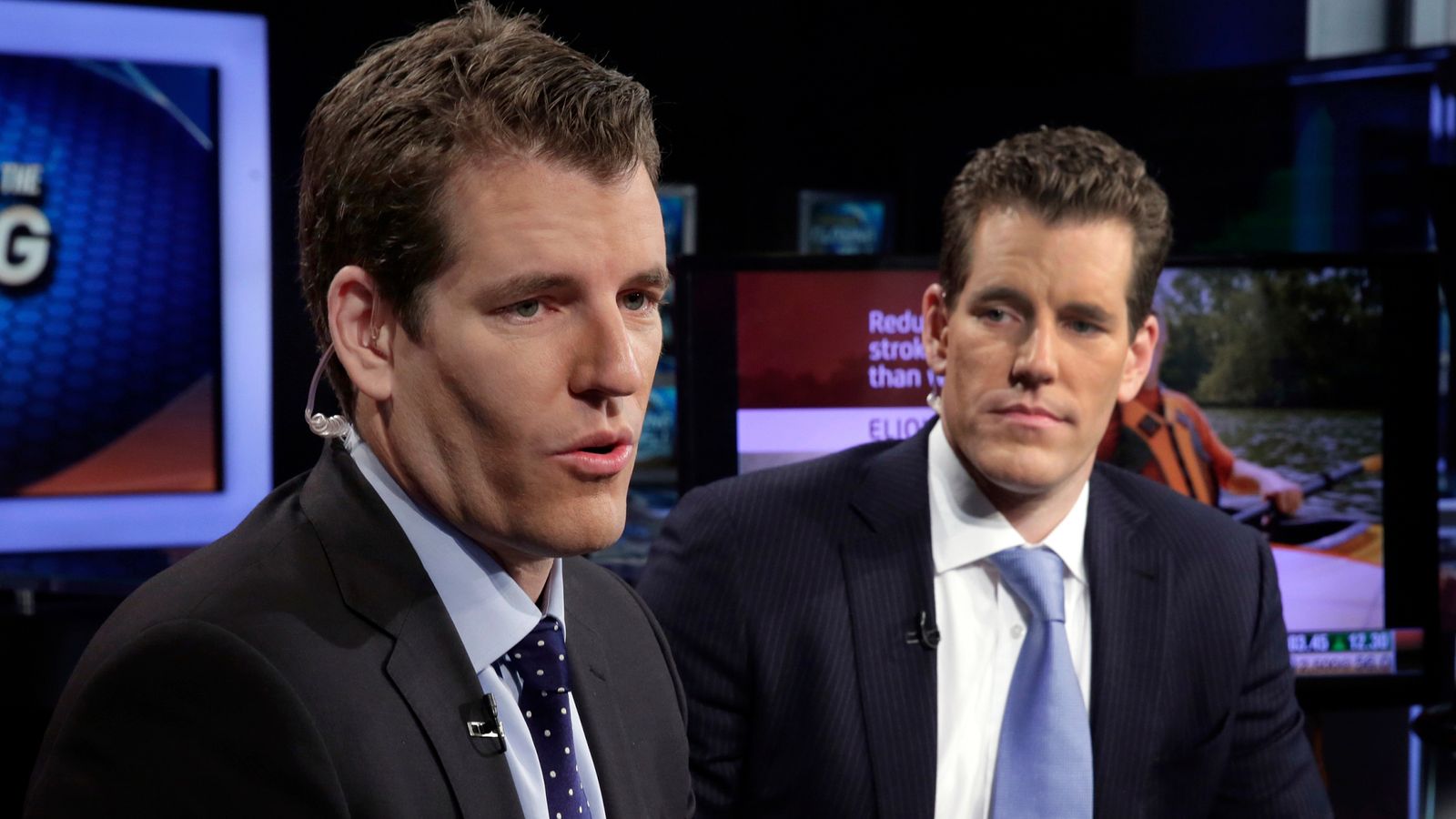Crypto Twins' Touchdown: Winklevoss Brothers Invest Millions in Non-League Football Club

In a bold move that's turning heads in the football world, tech entrepreneurs and Bitcoin billionaires Tyler and Cameron Winklevoss have made a significant financial splash by investing £3.58 million ($4.5 million) into Real Bedford FC, a club currently competing in the eighth tier of English football.
The Winklevoss twins are following a growing trend of high-profile investors breathing new life into non-League football clubs. Their investment mirrors the successful transformations seen at Wrexham AFC and Salford City, both of which have dramatically climbed the football league ladder, now competing in League One and League Two respectively.
This strategic investment suggests the Winklevoss brothers are not just passive investors, but potentially looking to replicate the remarkable success stories of other celebrity-backed football clubs. Their financial injection could be the catalyst that propels Real Bedford from the depths of non-League football towards professional status, capturing the imagination of football fans and investors alike.
